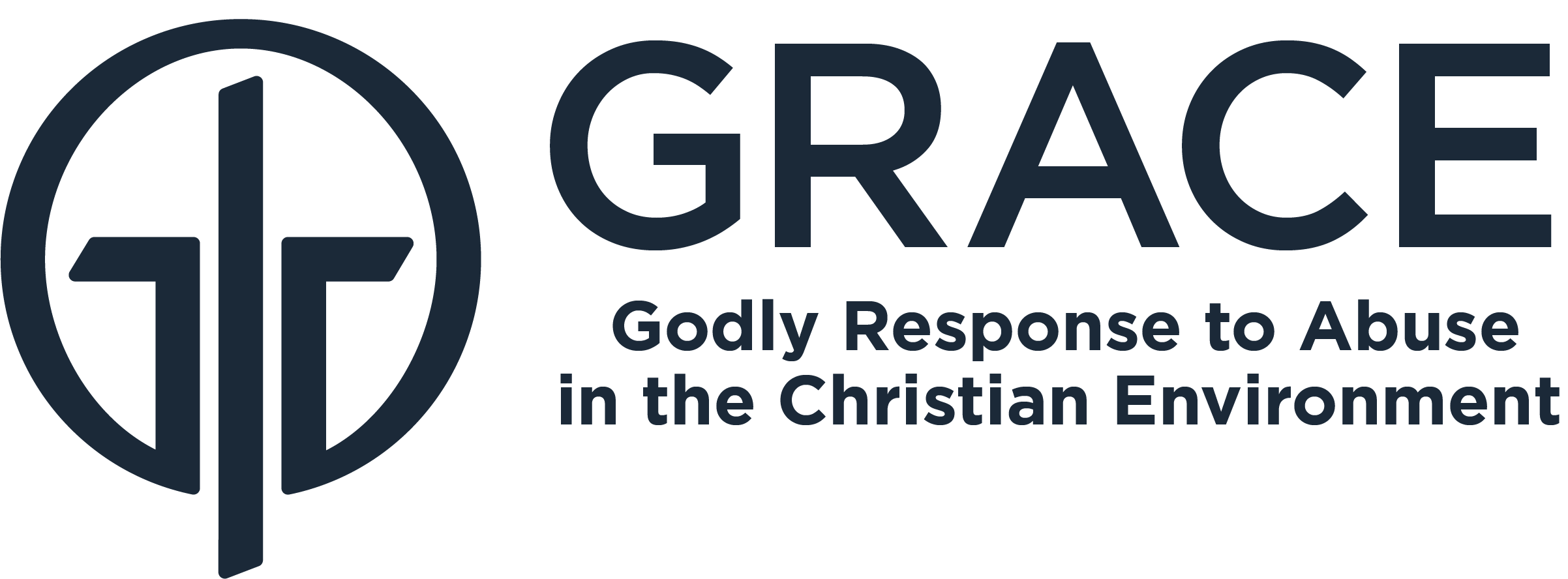Remaining Silent About Suspected Abuse: 5 Common Fears
By Boz Tchividjian
Have you ever been afraid to say something that needed to be said?
Not long ago, a friend was staying overnight with a family during an out of town visit. That evening, the family had a group of friends and acquaintances over for dinner and conversation. Sometime during the dinner, one of the male guests got up from dinner and sat in the adjoining living room. During and after dinner, my friend observed this male guest remain in the living room talking and playing with the elementary age son of the guests. At first, my friend did not think anything of the fact that this young man was spending time with this boy. However, as the evening went on, my friend realized that the attention of this adult was focused exclusively upon this child as they played on the couch together, touched each other’s faces, and engaged in other seemingly “innocent” physical contact. At some point, my friend became troubled with the ongoing contact between this guest and the child. After dinner, my friend overheard the young man invite the boy to follow him to the (dark) basement to go hide during a game of hide and seek. At this point, my friend became conflicted about whether she should say something to the boy’s parents or simply leave the situation alone.
My friend’s predicament is not unique. In the past 20 years, I have come across many situations where folks have found themselves conflicted about whether to say something after observing unsettling behavior between an adult and a child. Unfortunately, too many have decided it’s best to remain silent. A silence that is all too often fueled by fear. Here are five common fears that can convince us to “leave the situation alone”:
Fear of being wrong: We fear that we could be wrong since no blatant abuse was observed. We second-guess our instincts and all too often convince ourselves that our worries are unfounded. We decide it’s best to remain silent.
Fear of being right: We fear the incredibly dark possibility that someone we actually know may be grooming a child for abuse. Such depravity is too much for us to comprehend and is much easier to deny. We decide it’s best to remain silent.
Fear of being ignored: We fear that our concerns will be ignored by those who refuse to believe that suspecting adult could possibly have had any sinister motives for their behavior. In her book, Predators, psychologist Anna Salter writes,
“…those who see child molesters as monsters seem the quickest – when their neighbor, friend, or family member – to say that it is definitely a false report.”
We decide it’s best to remain silent.
Fear of losing a friend: We fear that the suspecting adult will be extremely angry and want nothing to do with us when they find out that we’ve expressed concerns. Nobody likes to lose a friend, especially over mere concerns. We decide it’s best to remain silent.
Fear of losing a community: We fear that those in our community will blame us for any “negative” fallout as a result of sharing our “baseless” concerns. Dr. Salter writes:
“But it is a misconception that child molesters are somehow different from the rest of us, outside their proclivities to molest. They can be loyal friends, good employees, and responsible members of the community in other ways.”
Thus, we fear being accused of being “out of line” and being told to be silent or face being discredited and ostracized. We decide its best to remain silent.
These are not fears of concern for a vulnerable child, but fears concerning the relatively safe inconveniences we may experience by speaking up. Such fears are self-centered and misplaced. Such fears can contribute to the harm of children. Our greatest fear should be what could happen if we decide it’s best to remain silent.
Should our fear of being wrong stop us from taking steps to protect a child who may be being groomed for abuse?
Should our fear of being right stop us from exposing the dark motives of one who appears to be so “innocently” paying attention to a child?
Should our fear of being ignored stop us from helping a little one realize that someone actually cared enough to pay attention and step forward to protect them?
Should our fear of losing a friend really stop us from expressing concerns about the safety and well-being of a child?
Should our fear of losing our community stop us from providing children a community of safety when people like you and I decide it’s best to speak up?
During that overnight stay, my friend decided to take a bold step out from the shadow of silence and tell the young boy’s parents of her concerns about the young man’s behavior she had been watching all evening. Not only did the grateful parents immediately take steps to protect their boy, but they were so overjoyed at her willingness to say something that they immediately informed many of their friends about the importance of speaking up to protect children.
Any fears my friend may have had that evening about sharing her concerns were quickly eclipsed by the joy and peace of knowing that a little boy had possibly been spared from the horrors of sexual abuse. That is a joy and peace I long for more of us to experience as we reject the fear of silence by stepping forward to protect children, regardless of the consequences.
Boz Tchividjian is the founder and executive director of GRACE.
This article was originally published on February 13, 2015 for the Religion News Service (RNS). Used with permission.

